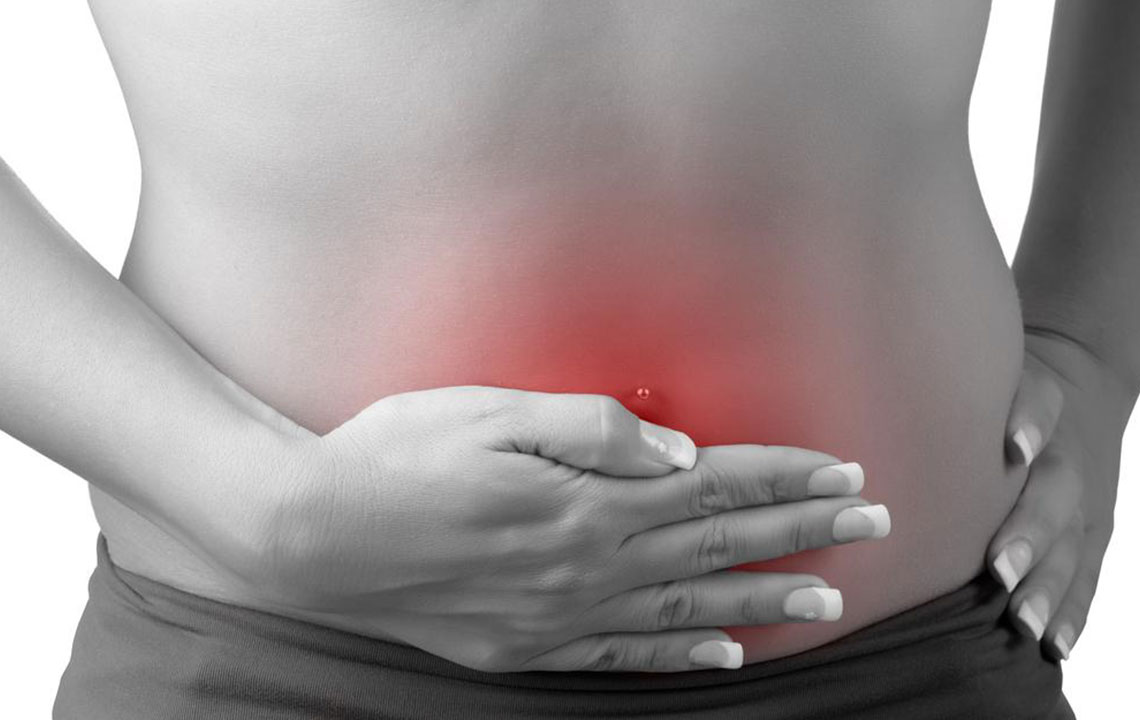Comprehensive Guide to Preventing and Managing Urinary Tract Infections Naturally
This comprehensive guide explores natural strategies to prevent and treat urinary tract infections (UTIs). It details the different types of UTIs, symptoms to watch for, and holistic remedies such as hydration, vitamin C, and heat therapy. Emphasizing lifestyle changes, hygiene practices, and herbal support, this article aims to empower readers to manage UTIs effectively and improve urinary health naturally. Ideal for those seeking alternative solutions or preventive tips, it integrates medical insights with practical advice to promote overall wellness.

Urinary tract infections (UTIs) are a common health concern affecting millions worldwide, particularly women. These infections can cause a range of uncomfortable symptoms, including a persistent burning sensation during urination, pelvic discomfort, lower abdominal pain, backache, and an urgent need to urinate frequently. Despite their prevalence, UTIs are often manageable with appropriate treatment and preventive measures. Recognizing the different types of UTIs, understanding their symptoms, and implementing natural management strategies can significantly improve quality of life for those affected. In this comprehensive guide, we delve into the various aspects of UTIs, exploring natural remedies and lifestyle changes that can help prevent and alleviate this condition effectively.
Types of Urinary Tract Infections
A thorough understanding of the different types and severity levels of UTIs is essential before embarking on natural management or treatment options. Each type varies in location, cause, and severity, which influences treatment approaches:
Cystitis: This is the infection of the bladder, commonly caused by bacteria such as Escherichia coli (E. coli), which naturally reside within the gastrointestinal tract. Poor hygiene, sexual activity, or irregular urination habits can facilitate bacterial entry into the bladder, leading to cystitis. Symptoms include frequent urination, a burning sensation during urination, lower pelvic pain, and cloudy or foul-smelling urine.
Urethritis: Urethritis involves infection and inflammation of the urethra—the tube responsible for carrying urine out of the body. It often results from bacterial spread from nearby areas like the anus or can be caused by sexually transmitted infections (STIs) such as herpes, gonorrhea, or chlamydia. Symptoms typically include burning during urination, itching or irritation at the urethral opening, and increased urinary urgency.
Acute Pyelonephritis: This is a more serious and potentially dangerous kidney infection that arises when bacteria travel from the lower urinary tract to affect the kidneys. It manifests with symptoms like high fever, chills, severe back pain, nausea, vomiting, and malaise. If untreated, it can lead to kidney damage and systemic infection, making early detection and treatment critical.
Understanding these types helps in early identification and prompt management. Common symptoms shared among these UTIs include:
Persistent urge to urinate despite an empty bladder
Burning or pain sensation during urination
Passing small amounts of urine frequently
Cloudy, dark, or foul-smelling urine
Pelvic discomfort or pressure
Lower back pain, fever, and chills in severe cases
While antibiotics are often prescribed for UTIs, many individuals seek natural remedies to complement medical treatment or even prevent recurrence. Here are some effective holistic approaches that can be incorporated into daily routines:
Maintain Adequate Hydration: Drinking plenty of water is one of the simplest yet most effective ways to flush out bacteria from the urinary tract. Staying well-hydrated dilutes urine, reducing bacterial concentration, and promotes frequent urination, aiding in bacteria elimination. It’s recommended to consume at least 8 glasses of water daily, but individual needs vary based on age, activity level, and climate. Consult your healthcare provider for personalized hydration advice.
Enhance Vitamin C Intake: Incorporating foods rich in vitamin C, such as citrus fruits, strawberries, bell peppers, and leafy greens, can acidify the urine. An acidic environment discourages bacterial growth and supports immune function. Some studies also suggest that vitamin C supplements may help prevent UTIs, but consult with a healthcare professional before starting any supplementation.
Apply Heat Therapy: Using warm compresses or heating pads on the lower abdomen or pelvic region can provide immediate relief from inflammation and pain. Heat helps relax muscles, reduce spasms, and alleviate discomfort associated with UTIs.
Avoid Bladder Irritants: Certain dietary choices can exacerbate symptoms or worsen the infection. Limit or avoid caffeinated beverages, alcohol, carbonated drinks, artificial sweeteners, and spicy foods, which can irritate the bladder lining and increase discomfort.
Encourage Urination Frequency: Regular urination is vital for flushing bacteria out of the urinary system. Avoid holding urine for prolonged periods, and go to the bathroom as soon as you feel the urge.
Adopting a healthy lifestyle plays a crucial role in preventing and managing UTIs. In addition to hydration and diet modifications, maintaining good personal hygiene—such as wiping from front to back, urinating after sexual intercourse, and wearing loose, breathable clothing—can reduce bacterial entry and proliferation. Natural remedies like cranberry juice, though not conclusively proven, remain popular among many as a preventative measure. Herbal supplements and teas, including uva ursi and goldenseal, have also been traditionally used to support urinary health, but always consult a healthcare professional before starting new herbal treatments.
Overall, combining these natural strategies with appropriate medical care can help effectively manage UTIs, prevent recurrence, and promote optimal urinary tract health. Staying informed and proactive is vital in maintaining comfort and wellness.





